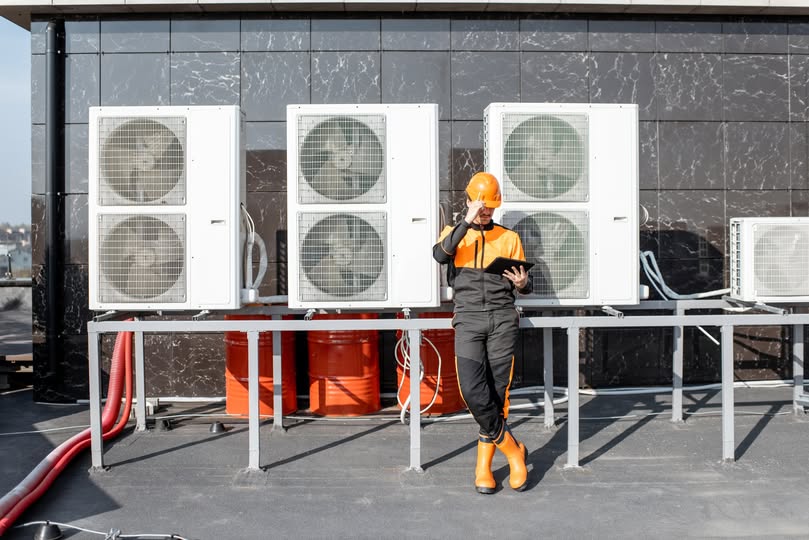If you are debating between AC installation or a boiler, it is important to understand the pros and cons of each. Depending on your energy needs at any given time, installing either could make sense for your home. If you are thinking about changing your heating system soon by using HVAC services, here are some key points to consider before making a final decision.
Can I Install a Central AC Unit If I Have a Boiler?
AC installation will overwork your boiler to supplement it, which can be costly in installing, maintaining, and energy to run both systems. Additionally, if you are looking into replacing your boiler soon anyway, installing a central air conditioning system does not really make sense.
The process to install an air conditioning unit is quite different than that of a boiler. A new AC system requires very little additional work, whereas installing the central heating and cooling system in your home means significant structural changes, including digging up your yard which would be handled by professional HVAC services.
If you are looking for a more cost-effective solution in terms of installation and repair, it would be better to go with an individual room unit instead.
Differences Between an AC and a Boiler
An AC unit is designed to cool your entire home while a boiler heats it. Because of this, the installation process for an AC unit is much simpler than that of a boiler. Additionally, an AC system requires very little maintenance by comparison.
If you want the option to heat and cool your home with the same system, central air conditioning systems are not recommended because they rely on boilers too heavily. Instead, you should install individual room units if possible. This way, you can focus on heating or cooling specific rooms in your home without ruining your other investment in terms of your heating system.
Many homeowners choose to have separate units installed because using one unit will overwork another, which can render repairs more expensive down the line. For example, if you install an AC unit and it malfunctions, your boiler could also break because of the extra strain it is under.
It's important to weigh all your options before deciding which system will suit your needs best. If you are thinking about purchasing a home with central heating and cooling already installed, ask these key questions to determine how well it runs (and whether or not there are issues). The last thing you want is for one system to take over the other in terms of cost and energy performance, so it's vital to consider this when making a final decision. Contact our professional team at A-Plus Quality in Greater Toronto Area today to get a consultation.



